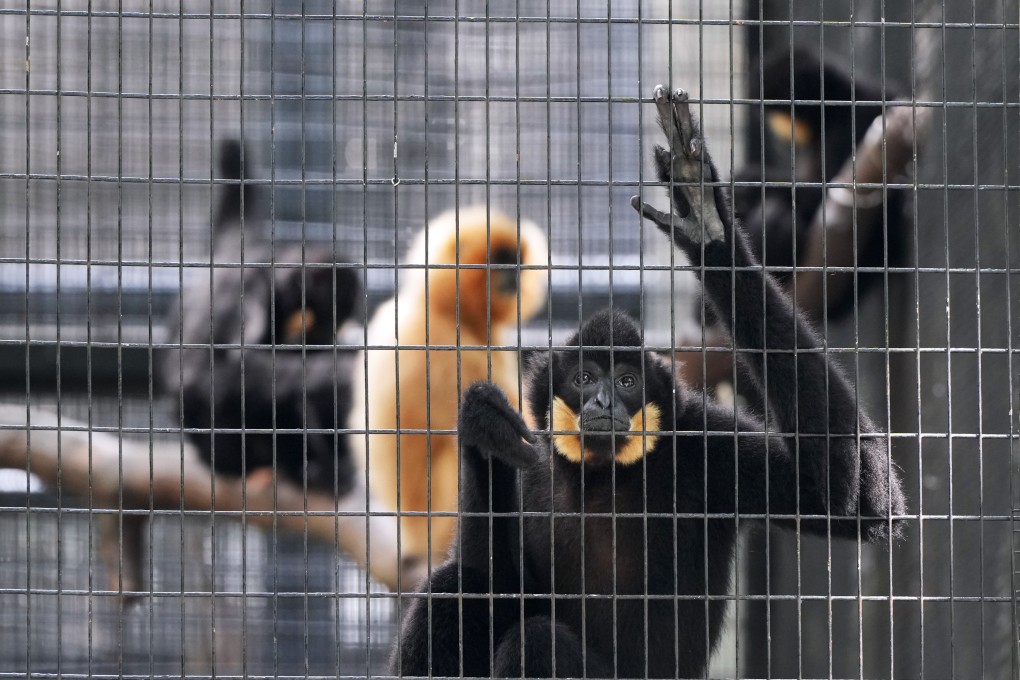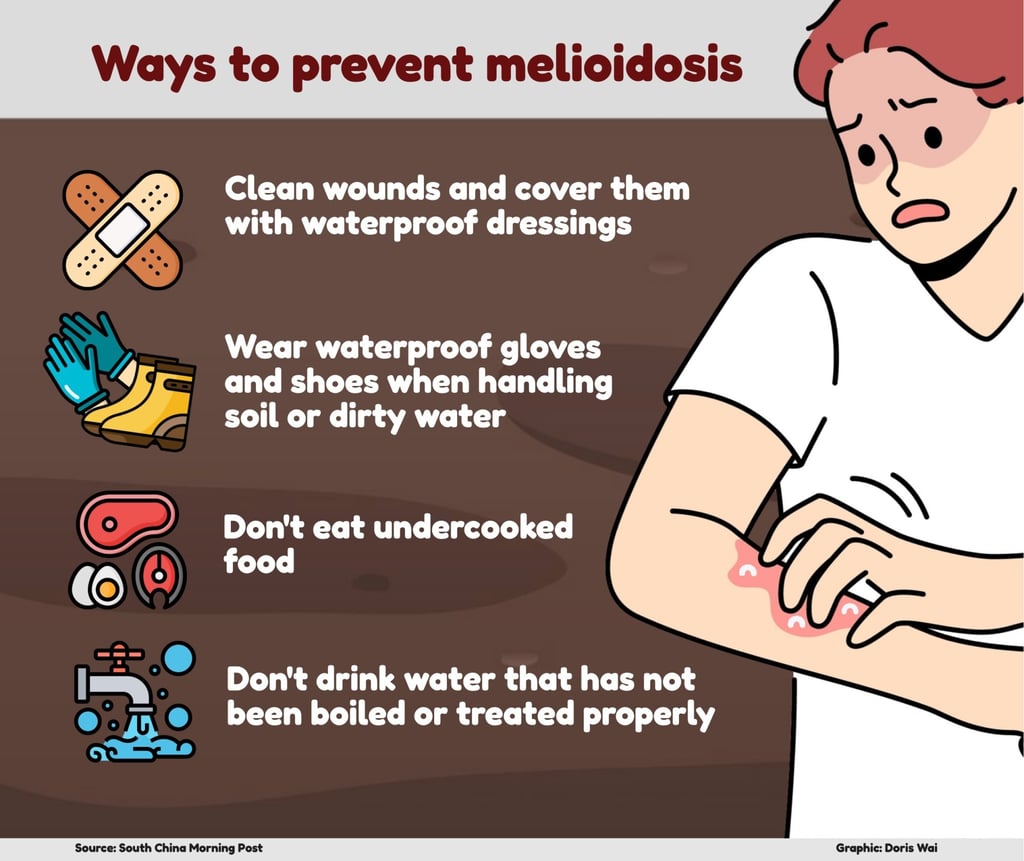
Melioidosis kills more than 10 monkeys at Hong Kong Zoological and Botanical Gardens
Understand how you can protect yourself from the disease.





How did the monkeys most likely get melioidosis?


What can you do to protect yourself from this disease?


How did the monkeys most likely get melioidosis?


An infectious disease called melioidosis caused the death of more than 10 monkeys last month at the Hong Kong Zoological and Botanical Gardens.
Secretary for Culture, Sports and Tourism Kevin Yeung Yun-hung said the cause of the infection might have been due to digging during pipe-repair work in early October. The work was conducted in a nearby flower-bed area, causing contaminated soil to be exposed to the environment. “The contaminated soil might have been brought into the cages by staff wearing shoes with the soil,” he said.
Melioidosis is caused by the bacterium Burkholderia pseudomallei. It can be found in the ground and muddy water, especially in wet, clay soil.
People can get the disease by breathing in contaminated soil, drinking contaminated water and through open wounds.
Signs of infection include fever, headache, cough, chest pain, sores, or pain and swelling in a specific part of the body.
It usually takes two to four weeks for these signs to show. In severe cases, one can get a brain infection, or the body’s defence system will attack itself.
Melioidosis can be treated with antibiotics, but there are no vaccines to prevent it.
It is very unusual for people to get melioidosis from each other or animals, and there are things we can do to stay safe from it (see graphic).

Sample answers
Stop and think: from exposure to contaminated soil
Read and answer: clean wounds and cover them, wear protective gear while handling soil, no undercooked food or untreated water




What can you do to protect yourself from this disease?